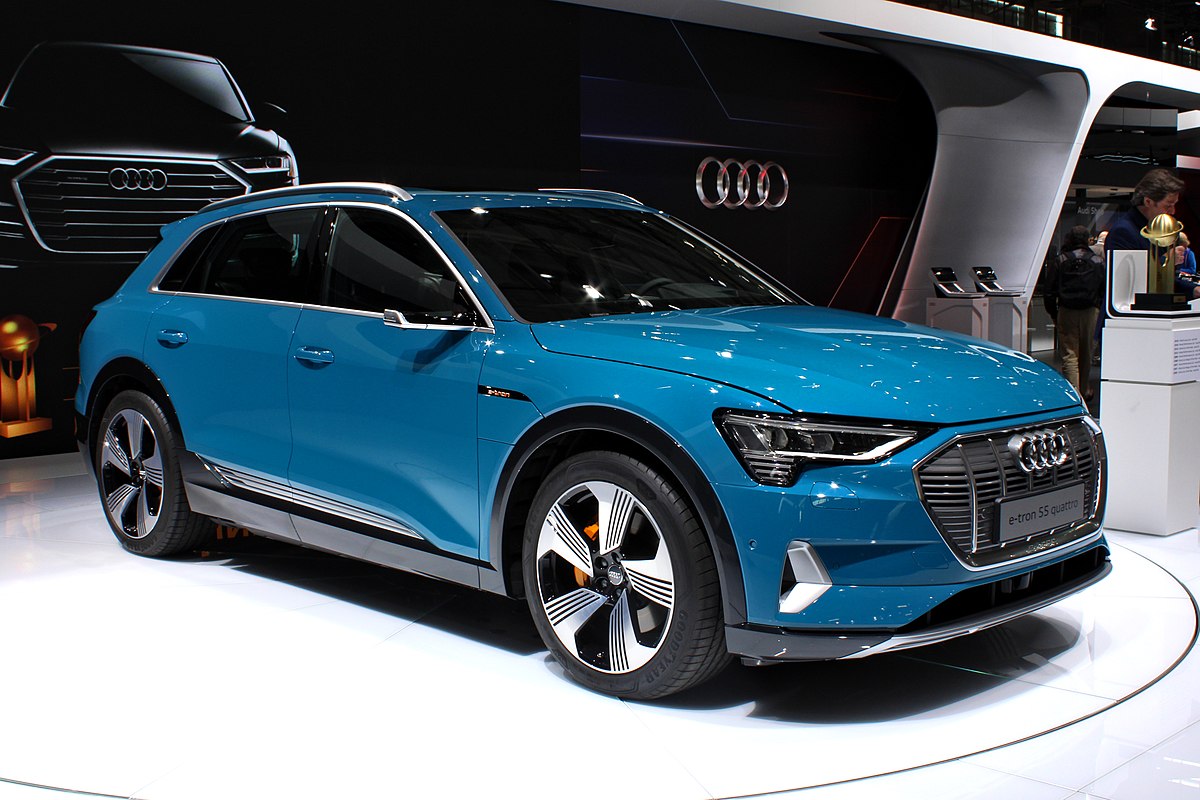Audi’s E-tron crossover has turned out to be a disappointed in the range department. According to the vehicle’s EPA rating, it has 203 miles of range from its 85-kWh battery. This is disappointing because it’s 20 miles shy of what many had projected. The electric SUV is set to go on sale next month.
Why the disparity?
This often occurs with electric vehicles because EPA’s real-world testing can’t be rapidly replicated by manufacturers and researchers. These numbers are unfortunate for Audi when compared to Tesla, which received a rating up to 295 miles on the Model X SUV.
Comparing both E-tron and Model X, Audi’s electric SUV generates 74 miles per gallon equivalent while Tesla’s SUV get 93 miles per gallon.
So… what happened?
Well, it’s not a clear answer. When you think of electric cars, you think about batteries and that’s what range comes down to. Technology choices, vehicle weight, and all the engineering that takes place inside electric cars are also a factor.
The batteries used by Audi (and even Janguar I-Pace) are less efficient than Tesla’s, and are less prepared for long-term traveling. Carnegie Mellon researcher and mechanical engineer Shashank Sripad says this is probably to preserve the lithium-ion batteries’ health as degradation occurs overtime. Audi essentially wants to preserve the life of the batteries.
On the other hand, Tesla seems to have better battery-engineering under its belt, and more experience, especially. “One of the possible reasons for Tesla going with the full nominal capacity could be that they have a better thermal management system, which makes sure the battery doesn’t degrade as much even with full capacity,” says Sripad.
Tesla Engineering
It’s worth mentioning that Tesla CEO Elon Musk previously stated the company found a way to increase battery’s use without compromising longevity. This tells us that Tesla is confident in its batteries and overall management system, which comes from having years upon years of experience over its competitors like Audi and Jaguar.
Audi’s E-Tron will go on sale next month with a price tag starting at $74,800. In comparison, Tesla’s Model X starts at $89,500 and Jaguar’s I-Pace costs $69,500.





